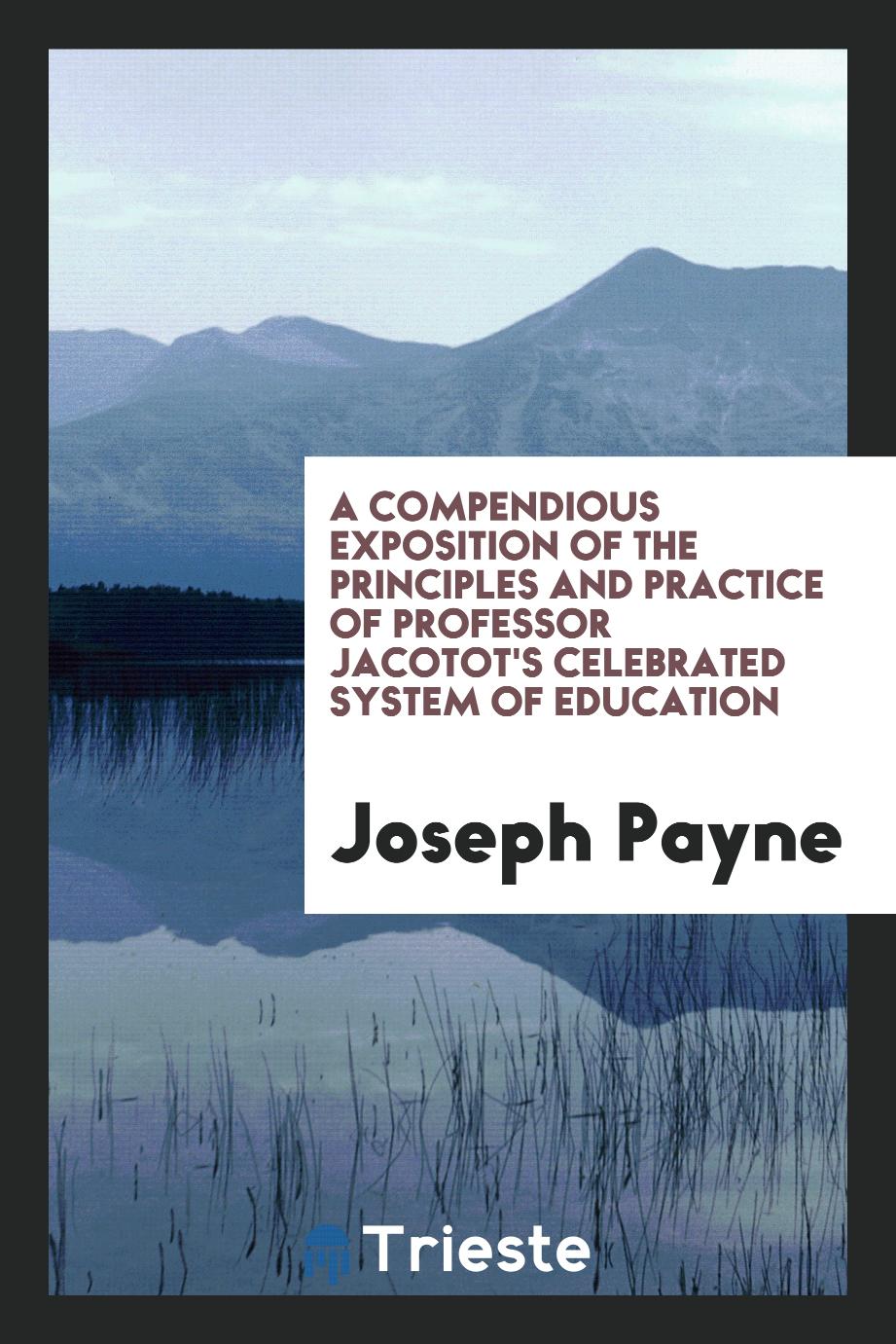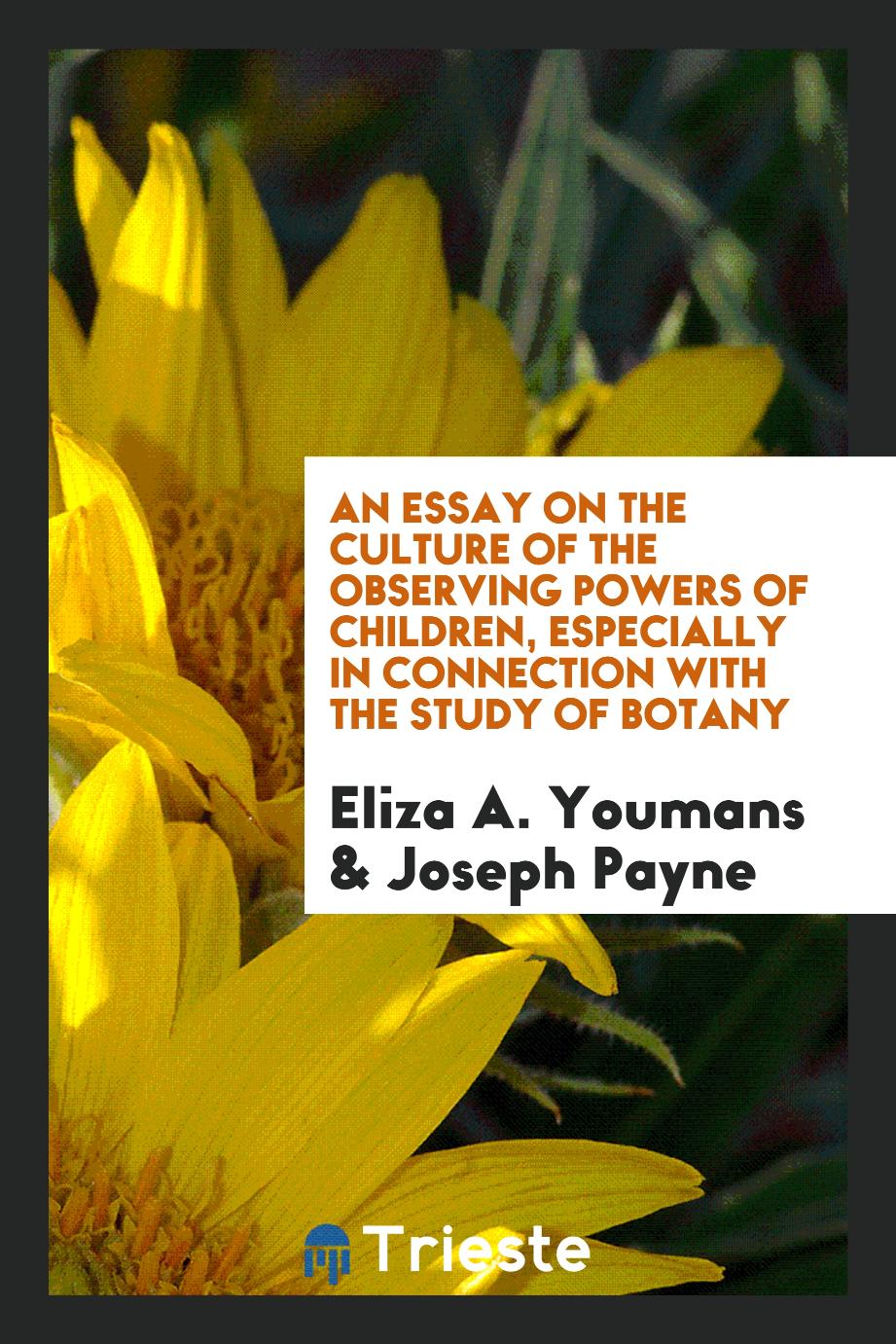
Joseph Payne
Joseph Frank Payne (1840-1910) was an English physician, known also as a historian of medicine. The son of Joseph Payne, a schoolmaster, and his wife Eliza Dyer who was also a teacher, he was born in the parish of St. Giles, Camberwell, on 10 Jan. 1840. After a school education under his father at Leatherhead, Surrey, he went to University College, London; and then gained in 1858 a demyship at Magdalen College, Oxford. He graduated B.A. in 1862, taking a first class in natural science, and afterwards obtained the Burdett-Coutts scholarship in geology (1863), the Radcliffe travelling fellowship (1865), and a fellowship at Magdalen, which he vacated on his marriage in 1883, becoming an honorary fellow on 30 May 1906. He also took a B.Sc. degree in the University of London in 1865. Payne studied medicine at St. George's Hospital, London, and graduated M.B. at Oxford in 1867, M.D. in 1880. He became a member of the London College of Physicians in 1868, and was elected a fellow in 1873. His first post at a medical school in London was that of demonstrator of morbid anatomy at St. Mary's Hospital in 1869, and he became assistant physician there as well as at the Hospital for Sick Children in Great Ormond Street. In 1871 he left St. Mary's on becoming assistant physician to St. Thomas's Hospital, a post which he held till appointed physician in 1887. In 1900 he had reached the age limit, and became consulting physician. He was also on the staff of the Hospital for Skin Diseases at Blackfriars. In September 1877 Payne was the chief medical witness for the defence at the sensational trial in London of Louis Staunton and others for the murder of Harriet Staunton, by starvation, and argued that cerebral meningitis was the cause of death, a view which later had support. In 1879 he was sent to Russia by the British government with Surgeon-major Colvill to observe and report on the epidemic of bubonic plague then in progress at Vetlanka, but illness prevented him from achieving much. He took an active part on a committee of the College of Physicians in 1905 on the Indian epidemic of plague and was chosen as the spokesman of the committee to the Secretary of State. Failing health interrupted Payne's writing in his last year. He died at Lyonsdown House, New Barnet, on 16 November 1910, and was buried at Bell's Hill cemetery.


